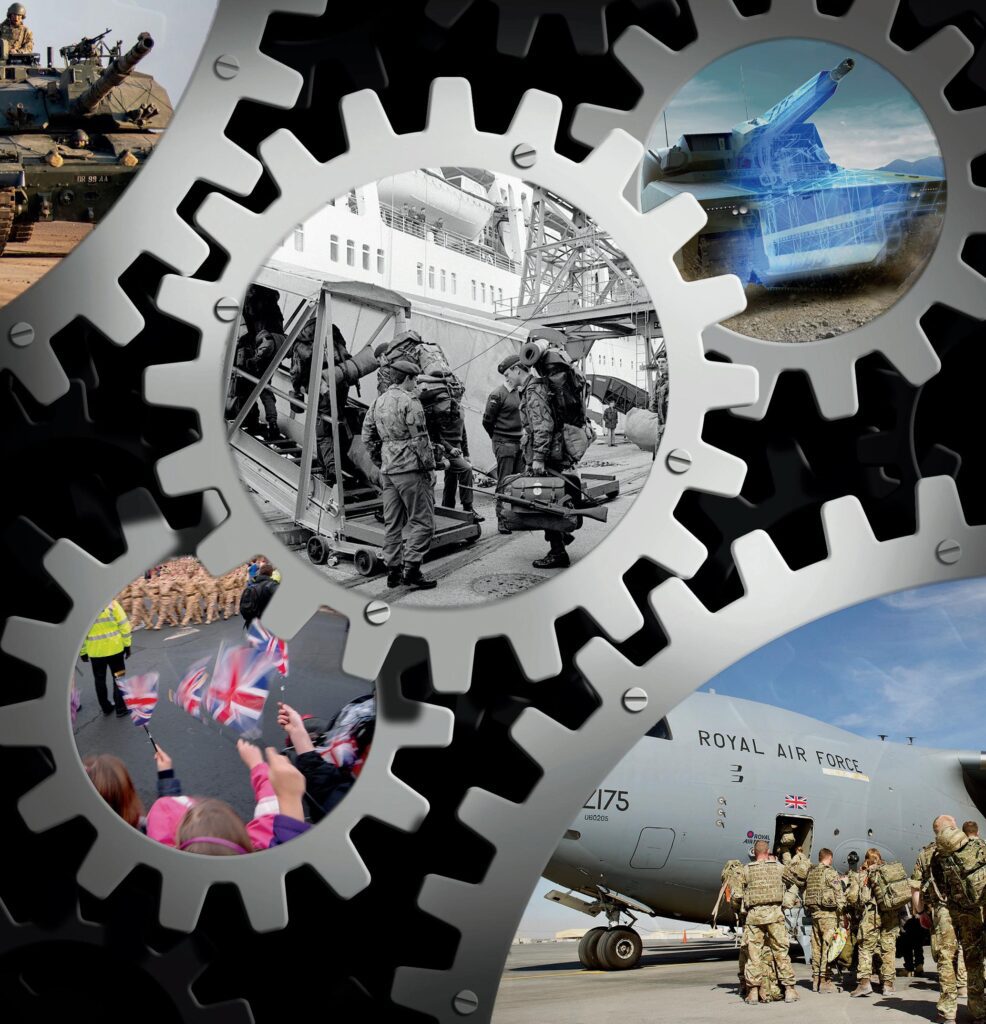Military literature is a unique genre that explores the psychology of individuals involved in warfare. It provides valuable insights into the mindset of soldiers, their motivations, fears, and the impact of combat on their mental state. This genre encompasses various forms, including historical accounts, memoirs, fiction, and poetry, all aiming to examine human experiences of conflict and warfare. Military literature highlights traits such as discipline, order, leadership, camaraderie, courage, sacrifice, and the psychological toll of war, including conditions like PTSD. It has several impacts, including fostering empathy and understanding, prompting reflection and critical analysis, inspiring and motivating individuals, and preserving history. By delving into military literature, we can gain a deeper understanding of the military mind and its significance.
Dive into the Military Mind: Analyzing the Psychology behind Military Literature
Introduction
Military literature holds a unique place in the realm of written works. It is a genre that not only aims to entertain but also delves into the complex psychology of individuals involved in warfare. These works provide invaluable insight into the mindset of soldiers, their motivations, fears, and the impact of combat on their mental state. By analyzing the psychology behind military literature, we can gain a deeper understanding of the military mind.
The Essence of Military Literature
Military literature encompasses a wide range of genres, from historical accounts and memoirs to contemporary fiction and poetry. While the plot and setting may vary, there is a common thread that runs through these works – the examination of human experiences of conflict and warfare. It explores the psychological effects of combat on individuals and how it shapes their thoughts, emotions, and actions.
The Military Mind: Traits and Characteristics
1. Discipline and Order: Military literature often highlights the strict discipline and order maintained within military institutions. This is a key aspect of the military mind and reflects the necessary control required in high-stress situations.
2. Leadership and Camaraderie: Military literature frequently explores themes of leadership and the strong bonds formed between soldiers. The military mind values teamwork and camaraderie as essential for success and survival.
3. Courage and Sacrifice: Bravery and sacrifice are deeply ingrained in military culture. These traits are often showcased in stories and poems as soldiers face daunting challenges with unwavering bravery and a willingness to lay down their lives for the greater good.
4. PTSD and Mental Health: Military literature also sheds light on the psychological toll of war. It delves into the mental health issues faced by soldiers, such as post-traumatic stress disorder (PTSD), survivor’s guilt, and the strain of combat on one’s psyche.
The Impact of Military Literature
1. Empathy and Understanding: By immersing ourselves in military literature, we can gain a deeper empathy and understanding of the experiences and struggles faced by military personnel. This can help bridge the gap between civilians and veterans, fostering empathy and supporting initiatives for their well-being.
2. Reflection and Critical Analysis: Military literature prompts readers to reflect on the moral and ethical dimensions of warfare. It encourages critical analysis of the causes and consequences of conflict, challenging us to question the necessity and implications of war.
3. Inspiration and Motivation: Military literature can be a source of inspiration and motivation, not just for those currently serving, but also for individuals facing challenges in their everyday lives. The tales of resilience, courage, and determination exhibited by military characters can serve as a reminder of the human spirit’s capacity to overcome adversity.
4. Preserving History and Commemoration: Historical military literature plays a crucial role in preserving the memory of past conflicts and honoring the sacrifices made by those who served. It keeps alive the stories and lessons of war and ensures that future generations understand the price of freedom and peace.
Conclusion
Military literature provides a window into the complexities of the military mind and the psychological impact of warfare. By examining the traits, characteristics, and experiences portrayed in these works, we can gain a deeper understanding of the sacrifices, challenges, and strengths of those who serve in the military. Therefore, diving into the psychology behind military literature opens doors to empathy, reflection, inspiration, and the preservation of history.
